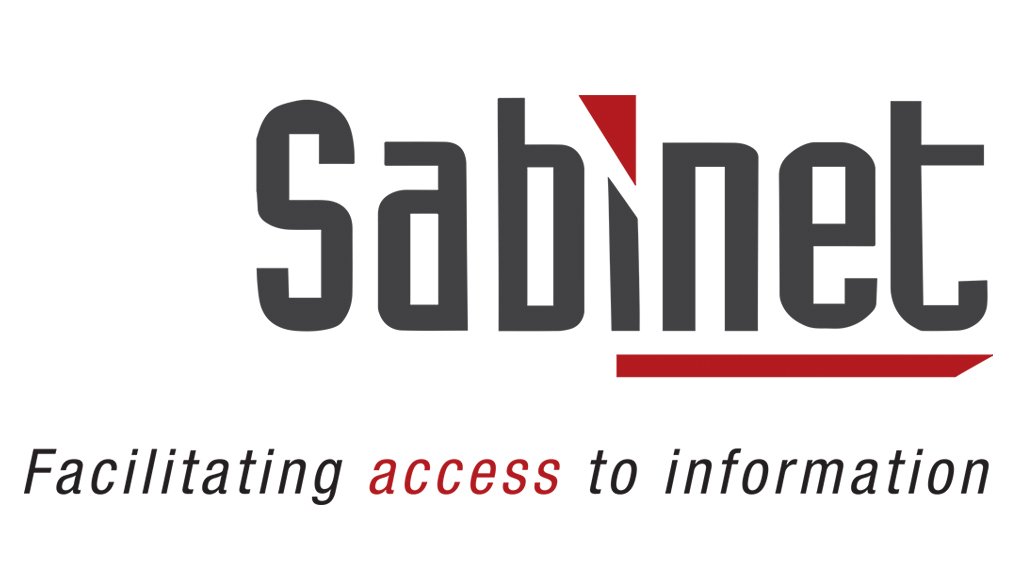Legal technology, also known as Legal Tech, refers to the use of technology and software to provide legal services and support to the legal industry. Legal Tech also includes certain technological advancements, such as Blockchain and Artificial Intelligence. These are being identified as technologies that many experts predict will disrupt the legal profession in an unprecedented way.
A recent article published in Forbes magazine, titled “The Future of Lawyers: Legal Tech, AI, Big Data and Online Courts”, discusses whether in the future a law firm could be charged with legal malpractice if it did not use artificial intelligence. It certainly is conceivable. According to the Forbes article, “Today, artificial intelligence offers a solution to the access-to-justice issue that will completely transform our traditional legal system.”
With innovation brought about by AI, the legal system will change drastically over the next decade. In his latest book, “Online Courts and the Future of Justice”, Richard Susskind, the world's most cited author on the future of legal services, shows how litigation will be transformed by technology and proposes a solution to the global access-to-justice problem.
His book discusses the first-generation idea that lawyers would submit evidence and arguments to the judge online, moving judgments from the court room to online platforms. Moving to the second-generation idea, technology would help solve disputes without needing the traditional court system. The outcomes of court decisions would be based on past decisions by using predictive analytics.
“There are many obstacles that would need to be overcome especially in South Africa, but it could certainly be a possible future,” says Sanet Vos, Head of Product at Sabinet. One of the most respected companies at the intersection of law and technology, Sabinet has already begun to transform the legal process with its new service, Sabinet Judgments.
“This online database of unreported and reported judgments from all South African courts will enable users to timeously and cost effectively find the information they require. The database includes unreported and reported judgments (court, topic or legislation). The search functionality enables browsing of thousands of judgments by keyword, parties, judge, case number, court and Act. Access to judgments is provided within 24 hours from the date we receive them from the courts. Additional filtering is also available to refine your search if necessary, using the Neutral Citiation for all Judgments ensures that the correct judgment can be found much quicker and with less effort.” Vos explains.
“Another benefit is that Sabinet Judgments is linked, where applicable, to South African Legislation (NetLaw), Provincial Legislation, Municipal By-Laws and Bargaining Council Agreements, as well as Sabinet African Journals to provide seamless access for subscribers but also offering the option to the purchase the document via ecommerce for non-subscribers to these other services. The advanced technology links content to enhance the workflows of professionals. It is not only quick and easy to use but is incredibly robust when it comes to searchability, showcasing important new information, updates and additions through a dedicated ‘What’s New’ section,” says Vos.
“Technology will one day help improve our outcomes and give people a way to resolve public disputes in ways that previously were not possible. While this transformation might not solve all the struggles with the legal system, it can offer an improvement,” she explains. “Lawyers today need quick digital access to judgments to save hours of research. With our latest offering, all the information can be accessed anytime and anywhere. The world is now digital and lawyers should make use of what is already conveniently available online,” concludes Vos.
Sabinet brings the expertise and insights gained from more than 25 years of providing credible and trustworthy legal information to its extensive client base of law firms, corporate institutions, as well as academic and government institutions.
If you would like to access the Sabinet Judgments on a trial basis, please click here to register your free accces.
For more information on Sabinet Judgments, click here.
EMAIL THIS ARTICLE SAVE THIS ARTICLE ARTICLE ENQUIRY
To subscribe email subscriptions@creamermedia.co.za or click here
To advertise email advertising@creamermedia.co.za or click here











